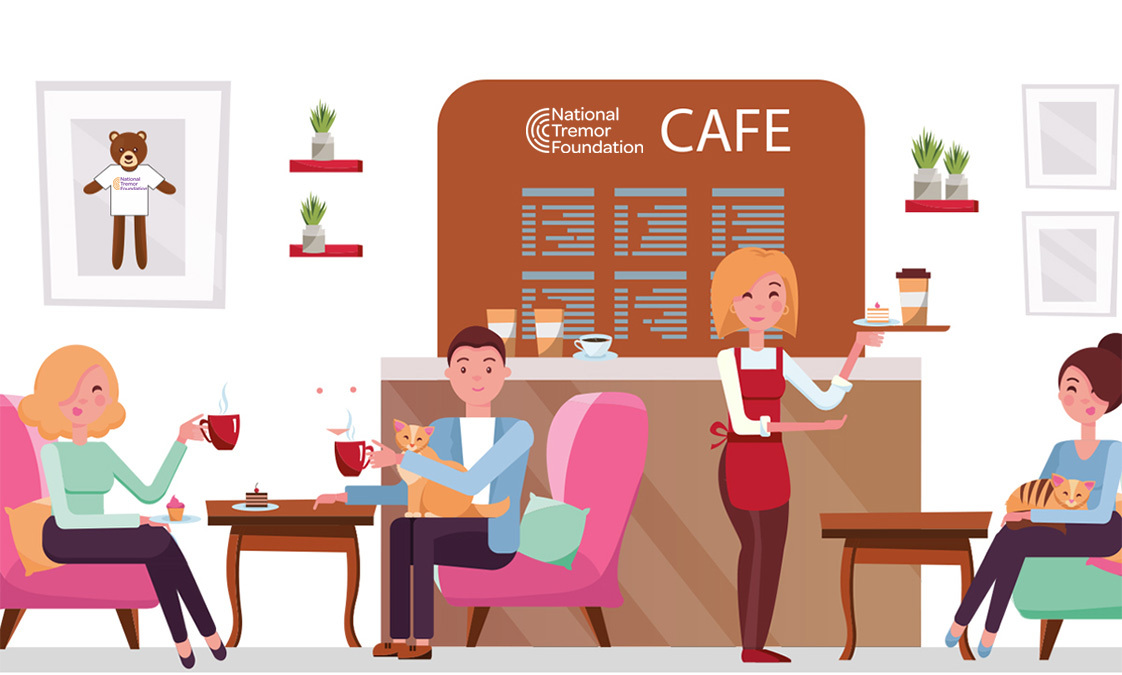Come to a Support Group Meet-Up and meet others with neurological tremors!
Special announcement: New groups launching in Colchester and the West Midlands!
We aim to provide help, support and advice to all those living with all forms of neurological tremor, including essential tremor and orthostatic tremor.
Donate to the NTF
Your donations really help
The NTF depends on donations, sponsorship and contributions in order to carry out its work helping people with all types of tremor including those with essential tremor and orthostatic tremor.
-
Upcoming event
Lunchtime Chat (Online)
3rd Jun 2025 12:00pmMore infoGrab a bite to eat, pull up a chair and join us for a lunchtime chat. Share tips and experiences.
#ActionOnET
#ActionOnET is the leading UK campaign for Focused Ultrasound (MRgFUS) technology on the NHS for the treatment of essential tremor.













